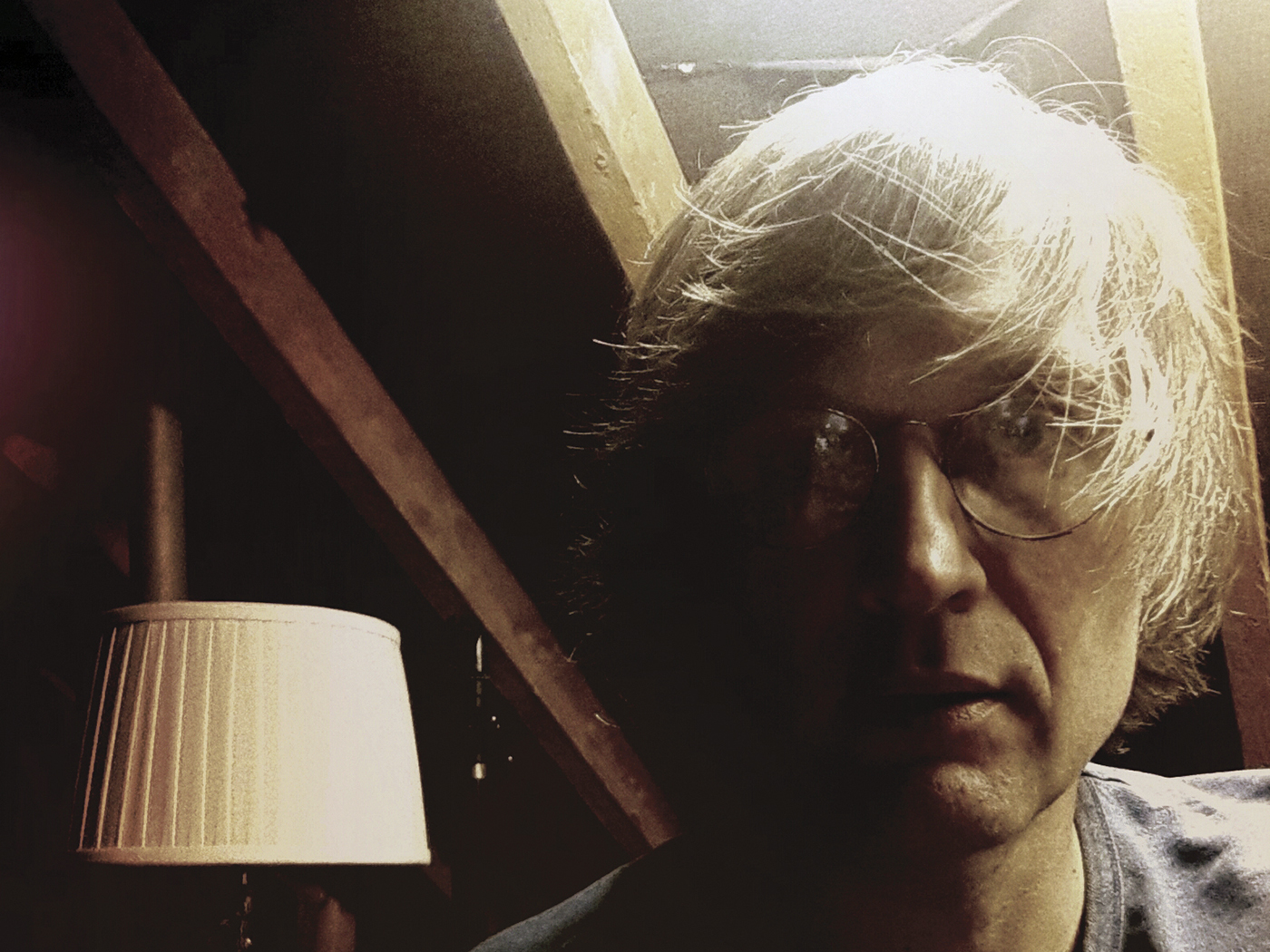
Some musicians get their first glimpse of celebrity, flinch in the glare of the spotlight, and quickly burrow their way back underground. But Duncan Sumpner, you suspect, knew from the beginning that fame – even fame on a very small and grassroots indie level – was not for him.
A schoolteacher from Oughtibridge, a residential village on the outskirts of Sheffield, Sumpner has released a string of records under the name Songs Of Green Pheasant without ever quite stepping into the light. The project’s origin story speaks volumes about his elusive approach. A demo that Sumpner sent to Fat Cat in 2002 became a fixture on the label’s office stereo. But when they decided to get in contact to offer him a record deal, the email bounced back, and it took them years to track him down. In the years since, there have been a few brief interviews, a smattering of live shows and absolutely nothing like a synergistic brand partnership or engagement-boosting Tik Tok campaign. At the height of his revulsion with fame, Thom Yorke titled a Radiohead song “How To Disappear Completely”. You imagine Sumpner might write something similar: “How To Never Be Found In The First Place”.
Given the relentlessly hungry state of the music industry, logic would seem to dictate that this sort of approach to one’s art would be a road to obscurity. Yet for Sumpner, operating at a remove seems to be working out rather well. Over the years, Songs Of Green Pheasant has accrued a formidable catalogue of music and a small but deeply committed fanbase, while working at his own speed and on his own terms, with his rare releases now coming out through the tiny Galway-based micro-imprint Rusted Rail.
Four years on from the release of 2020’s warmly received When The Weather Clears comes new album Sings The Passing. Its seven tracks are rooted in the sort of acoustic music that’s these days commonly referred to as folk. But there’s an increasingly expansive and rules-free quality to Sumpner’s approach – a spirit of invention that sees songs augmented by unusual and startling effects, or come loose from their moorings and drift off into clouds of dreamy ambience. The effect is both strange and striking. Think of Flying Saucer Attack at their most windswept and folksy, or imagine the seldom-trod midpoint between Crosby, Stills, Nash & Young and William Basinski’s The Disintegration Loops and you’ll be at least pointing in the right direction.
Make no mistake, there are some gorgeous songs here. “Have Patience” hymns the merits of a life lived in the slow lane, promising that “everything comes to those who wait” over a lopsided drum beat and a watercolour smudge of acoustic guitar. Even in its more conventional moments, though, Sings The Passing pulls off some daring production tricks. Take “By Tomorrow”: on the surface, it’s one of the album’s prettier moments, an eddy of softly sung vocals and gently spiralling fingerpicking. But Sumpner renders it with a swirling, aqueous quality, and unusual sounds can be heard issuing up from the deep, with groans of feedback and jags of guitar noise that erupt like distant depth charges.
Elsewhere, there’s the sense of Sumpner stretching his compositional muscles. “The Visiting Hours And The Rain” is divided into movements, commencing with a cascade of sampled voices looped and multitracked into a homebrew choir, before advancing through passages of shimmering echo, pastoral folk and found-sound ambience. “Private Prophecy”, meanwhile, recalls the exquisite melancholy of Leeds post-rockers Hood, its 11 minutes of dolorous vocals and cloudy drones simultaneously wet-weekend dreary and imbued with a desolate beauty. Sumpner clearly relishes these moments of abstraction. But whenever he’s at the risk of getting too out there, there’s always some sort of subtle musical interjection that pulls things back from the brink. Hear how that trumpet cuts through the soft ambient lull at the centre of “Whitsun Girls”, like a lighthouse beacon piercing mist.
Songs Of Green Pheasant started out some two decades ago with Sumpner alone, at home, tinkering with a four-track recorder. In a sense, things haven’t changed – he’s still that earnest, inquisitive solo musician, tweaking faders and twiddling dials in the hope of recreating the sounds in his head. But Sings The Passing finds him still growing and evolving, the lo-fi sketches of old transforming into something deep, rich and symphonic. The album concludes with a song called “Who Needs Money”, a mumbled but beautiful acid-folk meditation that feels like a turning away from the world. This, of course, is the territory where Sumpner feels most comfortable. But it also captures something of why his music resonates. Unhurried, unshowy, utterly unconcerned with attention: all it asks from us is to still our brains, and simply listen.





